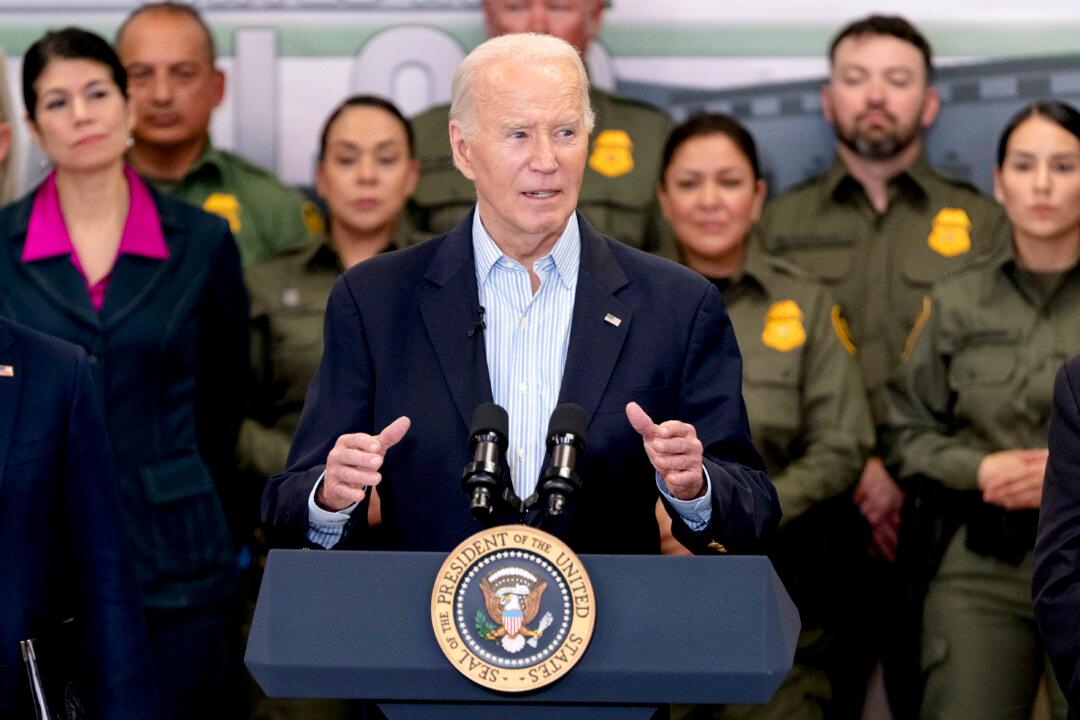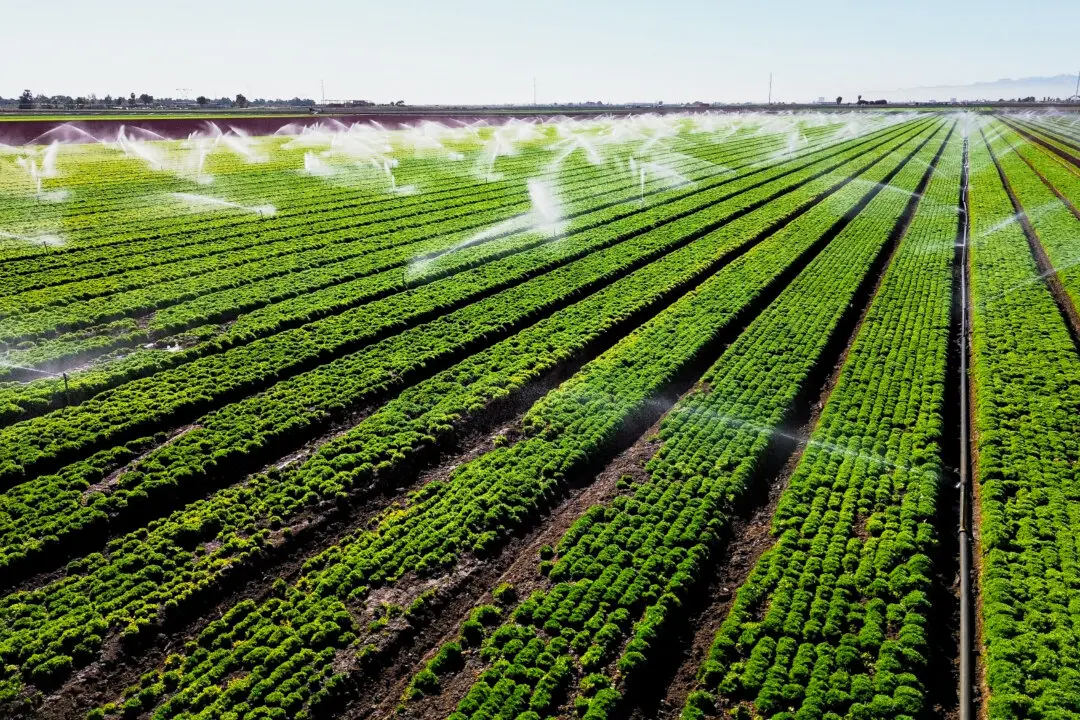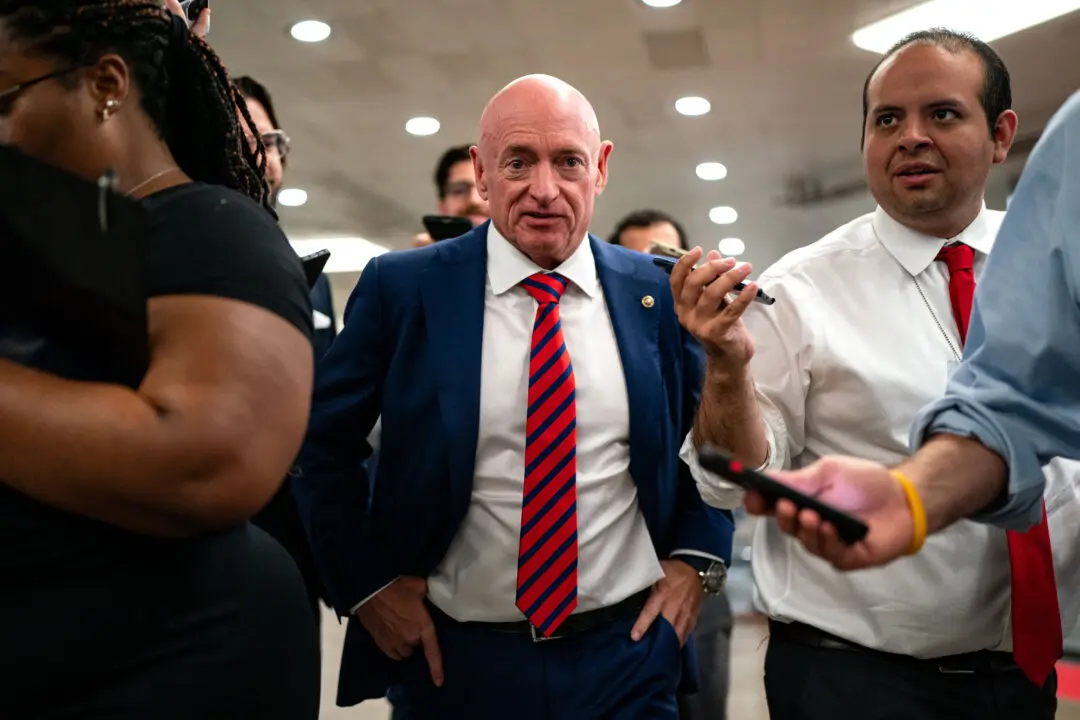President Joe Biden finalized a new national security memo on July 31 that instructs federal departments and agencies to boost their efforts to disrupt the flow of illicit narcotics into the United States.
The president said the memo will also order federal agencies to boost their intelligence collection and information sharing to more effectively uncover drug-trafficking efforts.





